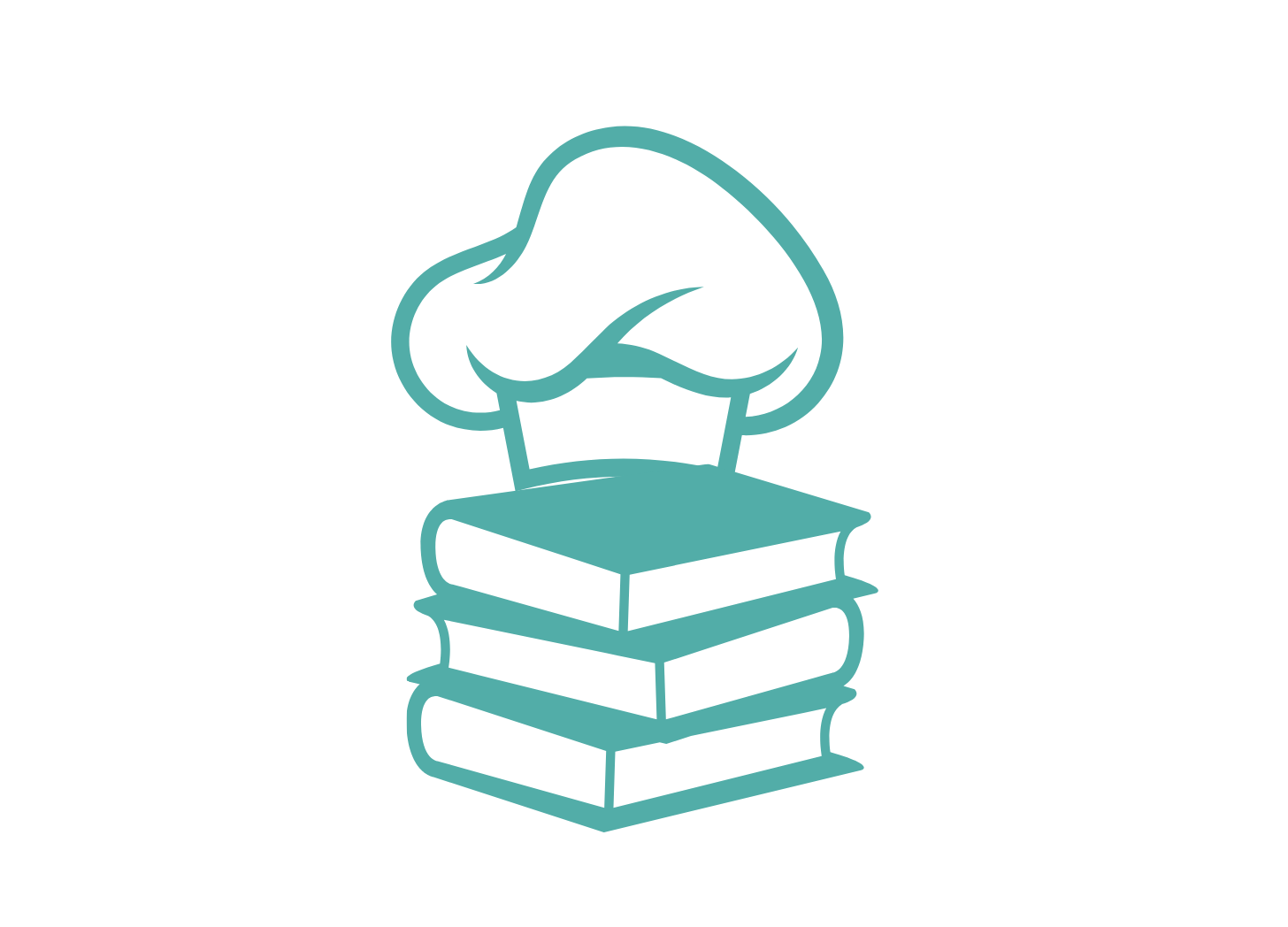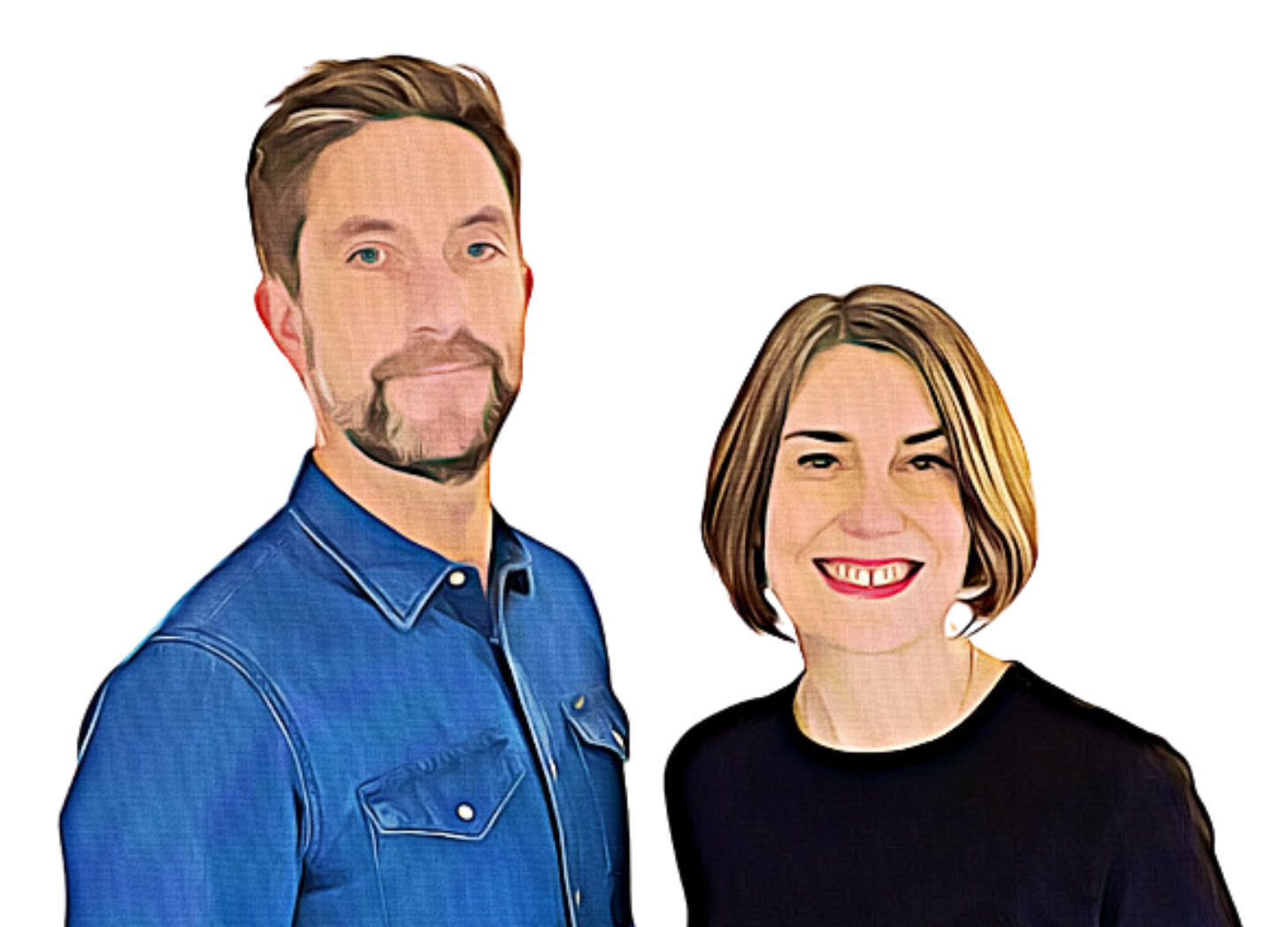Why writing isn't like following a recipe
The creative process isn't linear - zigzagging is what makes it so frustrating *and* fulfilling. Say hello and share your own breakthroughs & blocks.
Imagine this. Someone hands you the ingredients, equipment and exact cooking instructions to make a Victoria Sponge cake. What would the result be? As long as you follow the recipe and your oven behaves itself - you’d probably end up with a pretty decent cake.
Following this step-by-step, linear process means that if you wanted to, you’d also be able to bake the same cake again (and again) if you wished - with pretty predicable results.
Which is all brilliant - if you want an endless supply of identical Victoria Sponges. But what if you fancied making a new kind of cake?
According to the psychologist Teresa Amabile, we engage with the world in two different ways - linear and non-linear. Although there are many subtleties in-between.
She says that the creative process is inherently non-linear. When you engage in a creative task, Amabile says it’s like being handed a piece of paper with one instruction: bake a new kind of Victoria Sponge. She writes:
If the goal of a task is simply to bake a cake, a recipe can be followed exactly, and the task will be considered algorithmic. If the goal is to bake a new kind of cake, a recipe will have to be invented, and the task will be considered heuristic.1
Introducing uncertainty
When you’re asked to bake a new kind of cake, all of a sudden, you don’t know what you’re doing. You don’t know what ‘new’ means or what the outcome may be. You might have a hunch what ingredients might work and might not - but you won’t be sure.
You’ll have to try a few different recipes until you find one that works. Some cakes will be disasters and end up in the bin (or the dog) - but you will learn from those mistakes. Over time, slowly, slowly, your new Victoria Sponge will emerge.
And when it does emerge – wow, what a feeling!
From sponges to sentences
You’ll have no doubt seen through this analogy. Tasty as they may be, this post is not about baking Victoria Sponges but rather, about writing - but the principle is exactly the same.
We called this newsletter Breakthroughs & Blocks for that reason. It’s because the writing process – like the creative cake making process – contains both.
Whether you’re writing a thesis, a novel or a haiku, the process you engage in is inherently non-linear - so don’t expect it to be anything else. Unlike an algorithmic process, you can’t predict the outcome.
Expect that you’ll hit some dead ends. Accept that you might get lost along the way. But also remember that there will also be some triumphs and some ah-ha moments too - it’s these that will keep you going.
It is a seductive myth that if we start writing on day one, then we will gradually get better and more confident as time goes on. In my experience this is simply not true because writing is a tug of war between desire and fear, and therefore feels much more like a hazardous zigzagging.
— Cathy Rentzenbrink, author of Write it All Down
Breakthroughs and blocks are what makes creating anything new so difficult and frustrating – but also so damn fulfilling. Experiencing both makes us want to keep going and to give up in equal measure. You might say that they make the creative process what it is.
Navigating the inevitable breakthroughs and blocks
Navigating breakthroughs and blocks is what our work is all about. We experience them in our own writing and we support other writers to get through their blocks and make the most of their breakthroughs.
We’d love to hear your experience of the zigzagging creative process. We’re here to celebrate your breakthroughs and guide you through your blocks. Comment below:
— Tell us who you are, what you’re writing and share your breakthroughs and blocks
Sharing your experience can be a helpful step in accepting the frustrations of creativity, reading other writers can help you feel less alone.
Bonus - we can answer your questions! Sharing will help us understand who’s reading and what issues you are currently facing and how we can support you.
Take care and keep writing,
Chris and Bec
Who we are
If you’re new to this Substack - a very warm welcome 💛
Thanks for subscribing it means a lot. You might be wondering who on earth ‘we’ are so we thought a little introduction might be helpful.
‘We’ are Bec and Chris, the co-authors of Written: How to Keep Writing and Build a Habit that Lasts which was published in January 2023. The writer, Guardian journalist and broadcaster Oliver Burkeman says it compiles the best productivity advice he’s ever read for writers - which made us very happy indeed. If you want to understand more about how we wrote the book read this.
We’re married and we live in Yorkshire in the UK with our ever-friendly but increasingly elderly Labradoodle, Peggy. We both write and we’ve been working with writers for over a decade helping them to overcome their blocks and barriers. Now, we offer programmes and courses using our unique coaching model at The Written Academy - our online school.
We post midweek and our aim for this Substack is for it to be an encouraging, supportive place where writers of all disciplines can share their breakthroughs and their blocks, hear coaching advice from us and most importantly, learn that they’re not alone.
Thanks for your support. We look forward to getting to know you better.
Amabile, Teresa M. Creativity in Context (p36), Westview Press, 1996.








Much as I love Cathy Rentzebrink and her approach to writing, I disagree that if you write every day, you won't get better at it. I think you do. And faster, and more confident. Following the cake analogy, we do become better bakers of words over time.
I'm a zigzagger and I've only recently learned to embrace it! For a long time I listened to the advice to produce a 'shitty first draft' of my first novel as fast as I could, then go back and edit it, then do the same again and again until it's finished. But I just could not get this to work in practice, and I eventually ended up taking a break from that manuscript partway through the second draft, drained of all energy and ideas.
Then I started a new project, this time letting myself write whatever I wanted in whatever order I liked - basically, just writing what I felt like writing, and really paying attention to what I seem drawn to, and what demotivates me. I've now got around 40k words of a draft that's little more than a patchwork of seemingly random scenes/chapters, and I'm letting myself go back and edit whatever I like - or just leave the editing for later. So I'm very much zigzagging all the way through this story. It seems chaotic but this approach is working *much* better for me and I'm really enjoying novel writing once again! I've been writing it since the start of the year (after reading Written!) and I just find it so much more interesting and engaging than the last project.